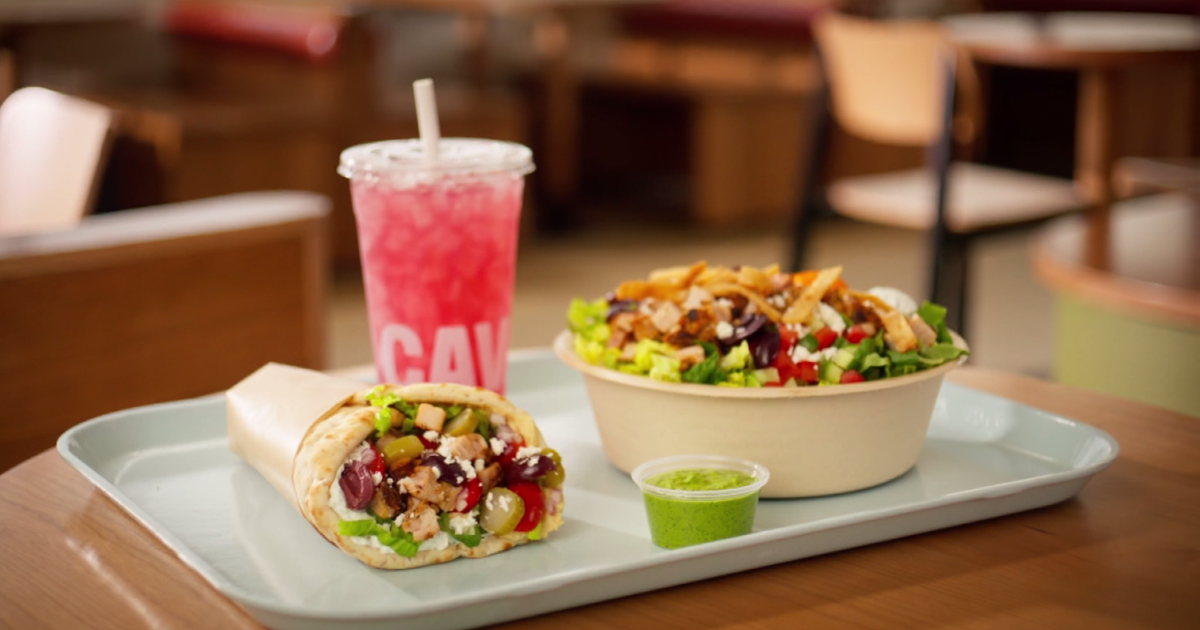Study: Food Allergies Affect 1 In 13 Children
CHICAGO (CBS) -- A new study by researchers in Chicago finds food allergies in children are much more common than previously believed.
As WBBM Newsradio 780's Regine Schlesinger reports, the study published in the journal Pediatrics finds that about one in 13 U.S. children suffers from food allergies. The figure is double the latest government estimate, a new study suggests.
Researchers say about 40 percent of the children have severe reactions - a finding they hope will erase misconceptions that food allergies are just like hay fever and other seasonal allergies that are troublesome but not dangerous.
LISTEN: Newsradio 780's Regine Schlesinger reports
Podcast
Overall, 8 percent of the children studied had food allergies; peanuts, milk and shellfish were the most common sources. That translates to nearly 6 million U.S. children.
The most recent government estimate, from the Centers for Disease Control and Prevention, was based on in-home interviews and found that about 3 million children were affected, or about 4 percent. Other estimates based on different methods have ranged from 2 percent to 8 percent.
The new study, funded by an advocacy group, is based on online interviews with parents of kids younger than age 18 and involved 40,104 children. Research firm Knowledge Networks conducted the survey. Families were recruited through random telephone dialing.
The findings suggest that food allergies affect two kids per classroom, said lead author Dr. Ruchi Gupta, a pediatrician and researcher with Children's Memorial Hospital. She provided WBBM 780 with an explanation of why the numbers were so high.
"It is partially genetic and partially environmental, and something in our environment has changed to cause this increase over the past 20, 30 years," she said.
While the study estimates about 8 percent of children have food allergies, Gupta says many have sensitivities to more than one kind of food.
"Thirty percent of these kids who have food allergies have more than one food allergy, so they're avoiding multiple foods," she said. "So they may be avoiding peanuts, but also needing to avoid milk and eggs."
She says in about 40 percent of kids, allergies can be so severe as to be life-threatening.
Dr. Calman Prussin, an investigator with the National Institute of Allergy and Infectious Diseases, said the study "confirms that food allergy is a substantial public health problem."
Prussin said differences in estimates are due to different survey methods and definitions of what constitutes a food allergy. He said the only way to know for sure how many kids are affected would be lab tests on scores of children, which isn't practical.
Because the new figure is within the range of previous estimates, he said the study doesn't mean prevalence has increased, although experts generally believe allergies including those to food are on the rise, Prussin noted.
He said some people mistake food intolerances for food allergies. For instance, many people are lactose intolerant, meaning they can't properly digest milk. That can cause bloating and digestive problems, but not an allergic reaction.
Typical signs of a true food allergy include skin rashes, wheezing, tightness in the throat or difficulty breathing.
The new survey asked parents whether their children had those symptoms - a big strength of the study, Prussin said.
Many children outgrow allergies to some foods, including eggs and wheat, but they're less likely to outgrow allergies to peanuts and other nuts.
(TM and © Copyright 2011 CBS Radio Inc. and its relevant subsidiaries. CBS Radio and EYE Logo TM and Copyright 2011 CBS Broadcasting Inc. Used under license. All Rights Reserved. This material may not be published, broadcast, rewritten or redistributed. The Associated Press contributed to this report.)



